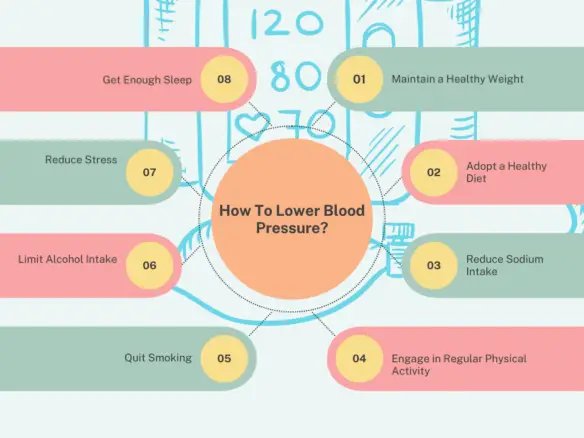Tag: sleep hygiene
-
The science behind sleep and dreams
Sleep and dreams might seem like mysterious forces, but they’ve actually been the subject of scientific study for decades. And no, dreaming about a giant talking banana doesn’t necessarily mean you need to stock up on potassium.
-
Why Do I Feel Sleepy During the Day? (Part- 2)
Why do I feel sleepy during the day? Oh, I don’t know, maybe because you’re not getting enough sleep at night?! Just a wild guess.
-

10 Proven Ways to Lower Blood Pressure Naturally
Introduction: High blood pressure or hypertension is a common medical condition that affects millions of people worldwide. It is often referred to as the “silent killer” because it has no visible symptoms and can lead to serious health problems if left untreated. Fortunately, there are several effective ways to lower blood pressure naturally. In this…